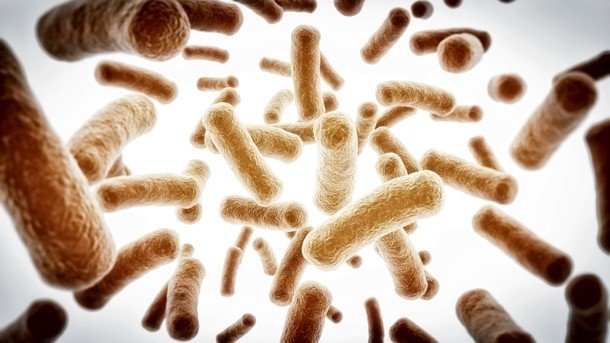Inside BENEO’s new pulse plant: pioneering sustainable protein from faba beans
Evaluates the benefits of the probiotic Lactobacillus casei Shirota in improving health of astronauts
Yakult, a probiotic drink that contains 6.5 billion Lactobacillus casei strain Shirota (LcS) is backed by more than 80 years of scientific heritage and 100 human trials conducted across the globe including a large community based study that was done at the ICMR institute, National Institute of Cholera and Enteric Diseases (NICED) in Kolkata.
The study in India showed that consumption of Yakult for 12 weeks by children in the age group of one – five years reduced the incidence of diarrhoea by 14%. The probiotic strain is scientifically validated to maintain and improve intestinal health and has benefitted in various digestive disorders like constipation and bloating. Yakult has also been validated for its role in building immunity by increasing the activity of Natural Killer (NK) cells that are an important part of the innate immune system and are critical in protection from cancers. Studies done with this strain in different populations have shown that regular consumption of Yakult can help to increase Natural Killer (NK) Cell activity which is negatively influenced by lifestyle and poor nutrition and may reduce the risk of breast, colorectal and bladder cancer.
In a pioneering research, Yakult Honsha Co. Ltd (Yakult) and the Japan Aerospace Exploration Agency (JAXA) have jointly undertaken a research to examine how the probiotic bacteria LcS in Yakult can influence the human body in outer space. Astronauts are affected by a number of factors such as the stress of living in a confined non-terrestrial microgravity environment as well as cosmic radiations. These factors are likely to cause changes in their intestinal environment, resulting in poor digestive health and weak immunity.
Yakult has developed a technology to freeze-dry their live bacteria and keep them in capsules at ordinary temperatures for as long as nine months. The capsules containing the bacteria will be delivered to the International Space Station (ISS) and crew members of the International Space Station will be consuming these capsules of Lactobacillus casei Shirota to provide the answers. This joint research aims to contribute to maintaining and improving the health and performance of astronauts. It also intends to make contribution towards promoting human health in general by utilizing the knowledge gained in this joint research.

